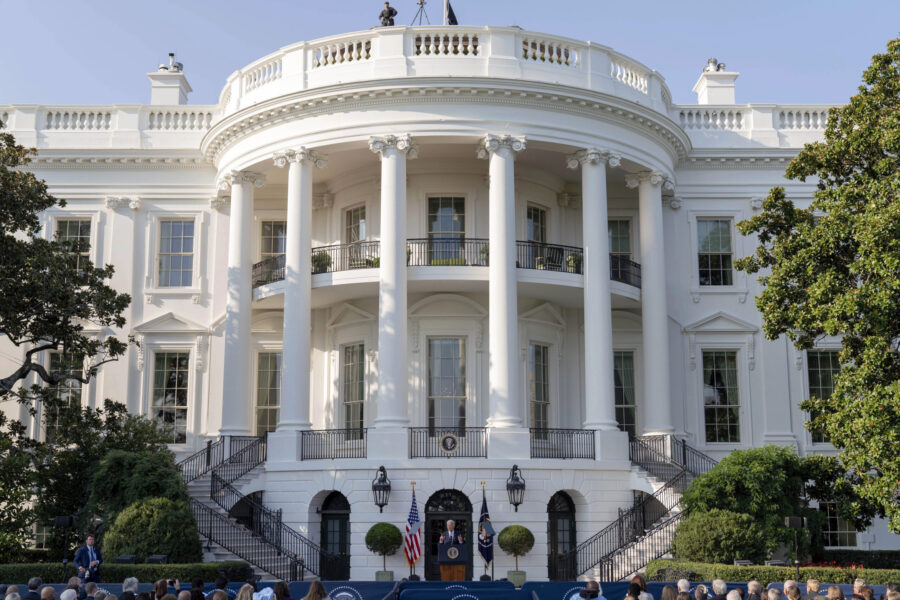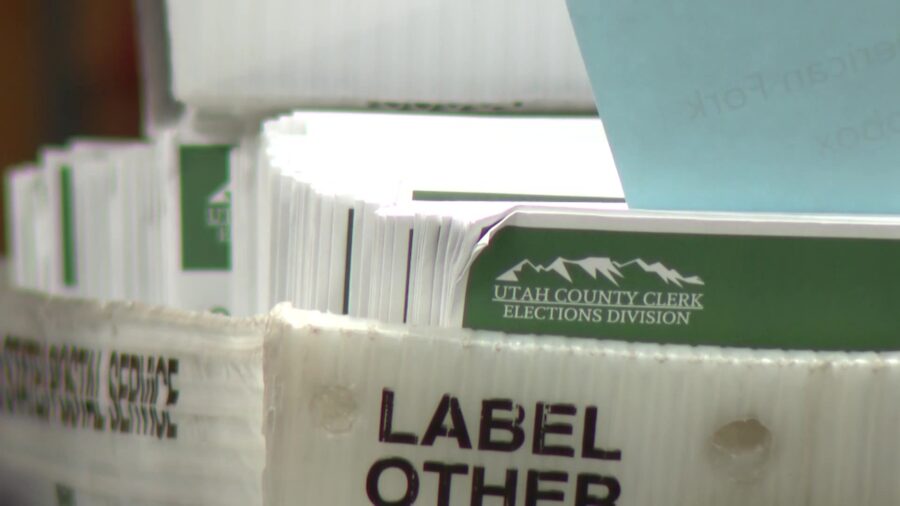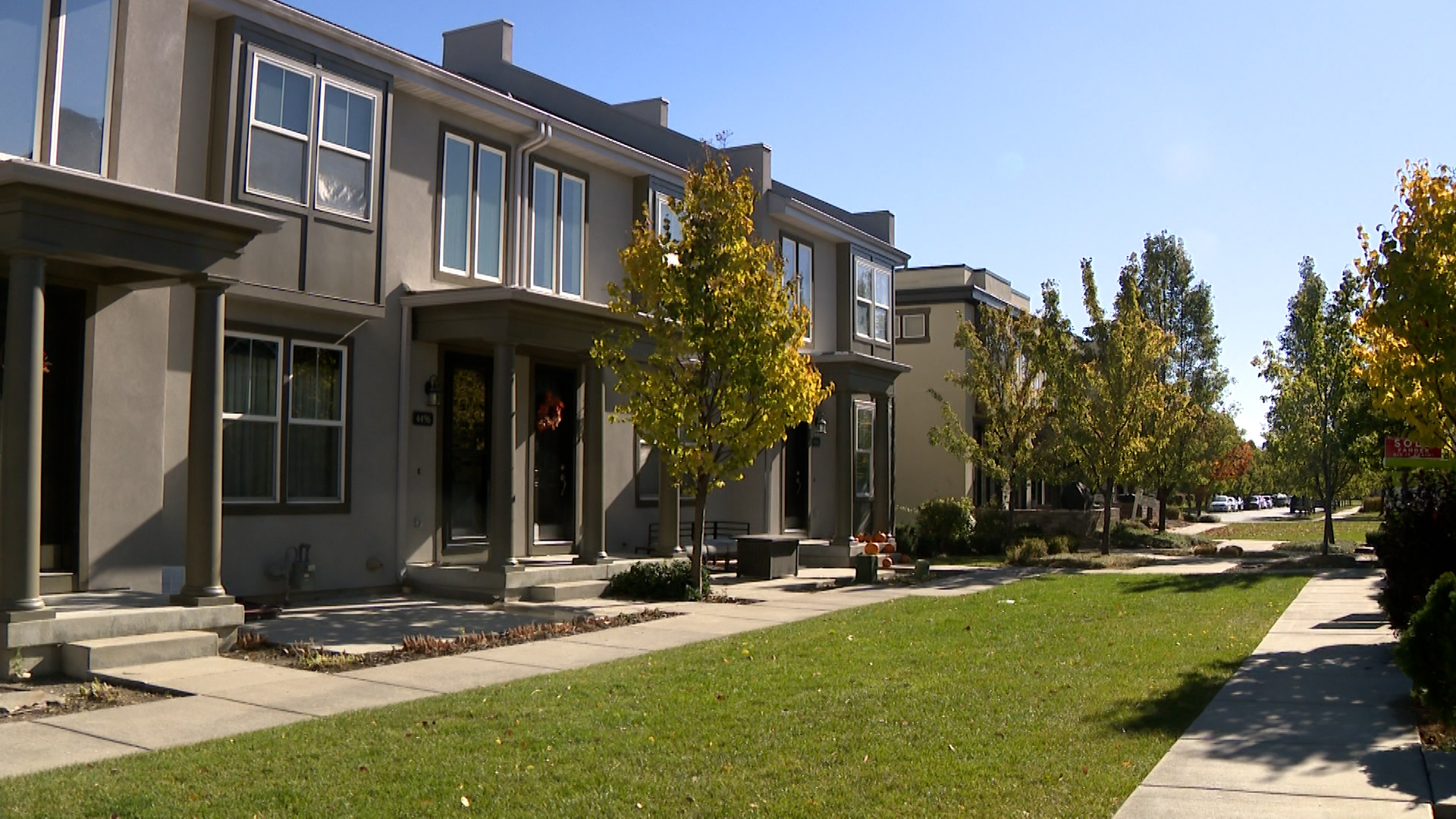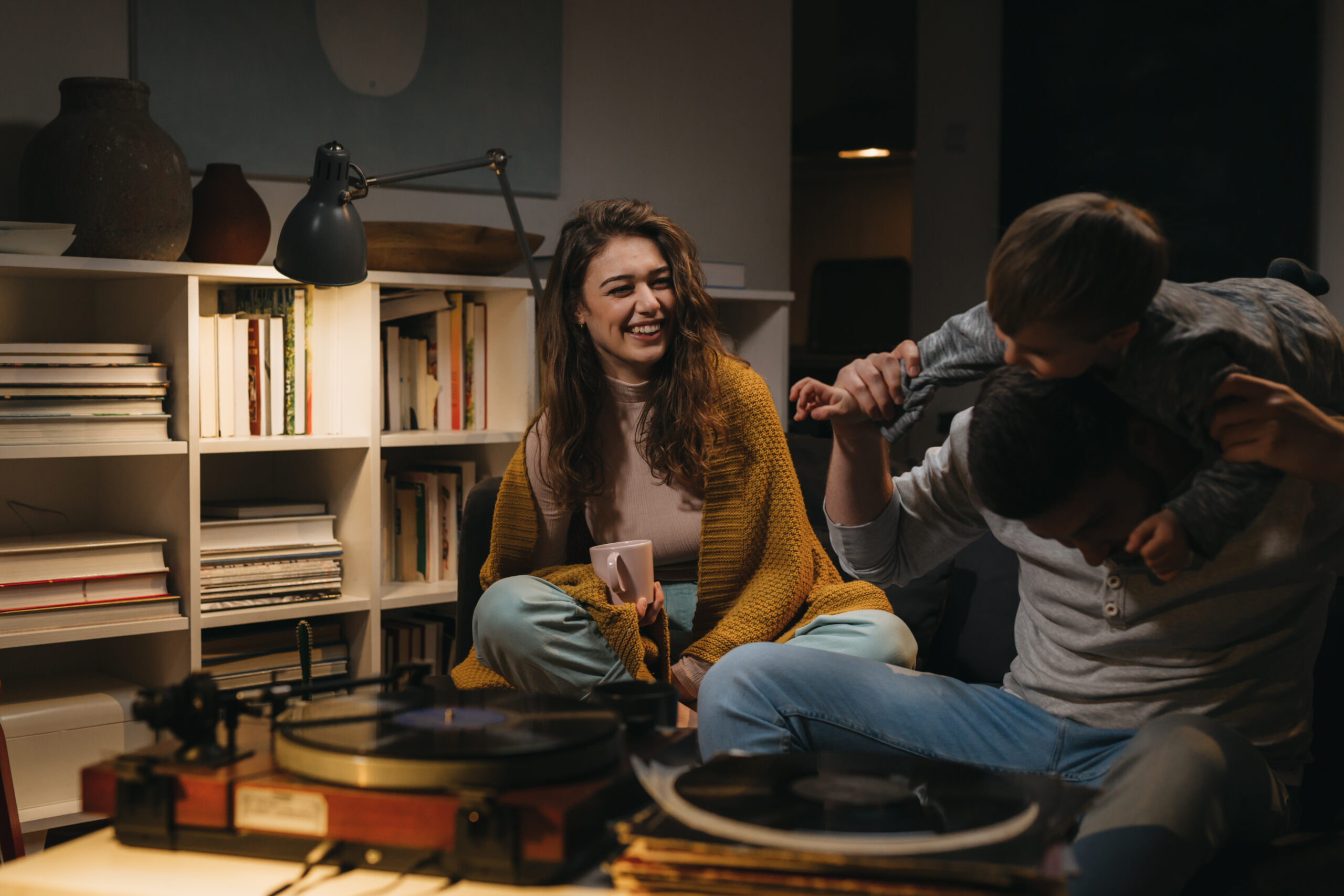Olympic legend Scott Hamilton speaks on figure skating, family
Mar 1, 2018, 11:30 PM | Updated: Mar 2, 2018, 12:27 am

Figuratively and literally, there have been many ups and downs in Olympian Scott Hamilton’s career.
The 1984 gold medalist has had success on and off the ice, but each triumph was matched with tragedy. 
“I have a unique hobby of collecting life-threatening illnesses,” Hamilton laughed.
Hamilton, who was adopted at 6 weeks old, was born with a brain tumor that doctors did not learn of until years later. He spent ages 4 to 8 in and out of the hospital while doctors tried to diagnose him.
“They were trying to figure out why I wasn’t growing, and why I was showing signs of stress,” he said.
He said it was not until he started ice skating around 8 years old that the illness somehow corrected itself.
“The more time I spent on the ice, the healthier I got,” he said. “My parents were like, ‘OK, you are a skater because we did four years of hospitals and that didn’t work so you are going to do that’ and so skating became who I was.”
Hamilton has a successful career in figure skating that took him around the world.
In 1997, he realized his battle with illnesses was far from over when he was diagnosed with testicular cancer.
Later, he had a series of brain tumors with the most recent one diagnosed in 2016. But another miracle was just around the corner.
“Miraculously the tumor shrunk twice and they can’t explain it because it’s against the nature of the tumor,” Hamilton said.
His new outlook on life changed once again when he married his wife, Tracie and had their first son.
“Being an adopted child, I never saw flesh of my own flesh before,” he said “It was the most powerful feeling I’ve ever had.”
He and his wife have since had another son and adopted two children from Haiti.
“They are wonderful, you know. We are just blessed. It’s been a powerful adventure,” he said.
An Olympic legend, a family man, an inspiration to others and now Hamilton said it is his life’s mission to help others realize greatness in themselves.
“We all have our roots. We all have our identities. We all have kind of where we are from and a lot of that can push you to be who you can become,” he said.













